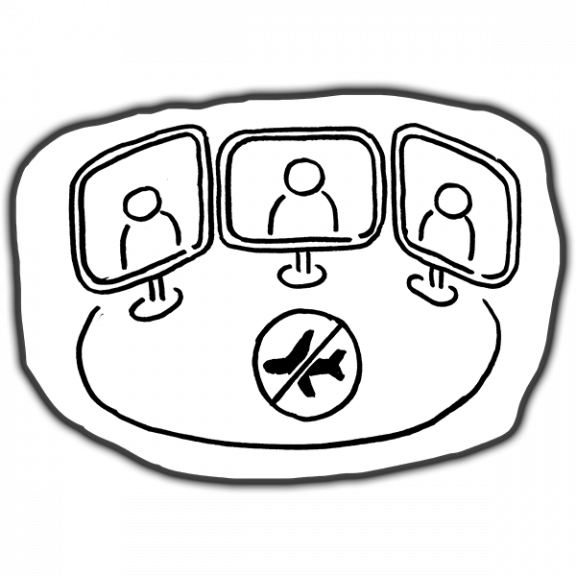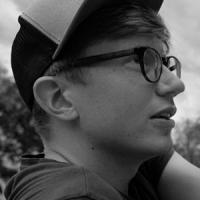
No Fly Conference
Transport, particularly air travel, is a major contributor to climate change. Almost every type of business relies on travel for meetings, conferences, even hackathons. Despite the rapidly improving technology, remote collaboration hasn’t really taken off yet. This team will investigate what it takes to make remote collaboration successful. They will do experiments, look for gaps in technology and find ways to match the human needs in collaboration despite these shortcomings.
This team will investigate what it takes to make remote collaboration successful. They will do experiments, look for gaps in technology and find ways to match the human needs in collaboration despite these shortcomings.
Results
Since its inception in 2019, the project has evolved into the Remotely Green, an app to organise networking events online.
Impressions
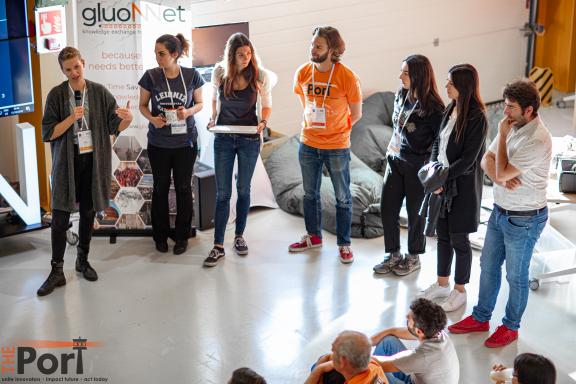
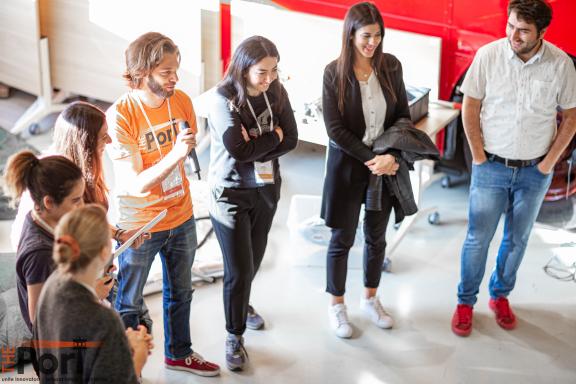
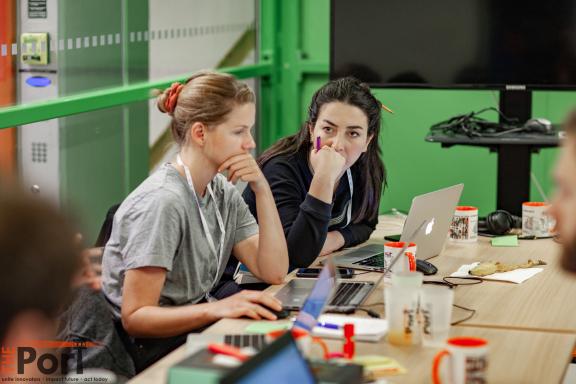
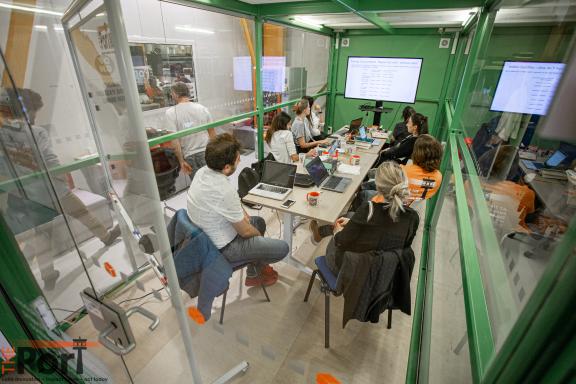
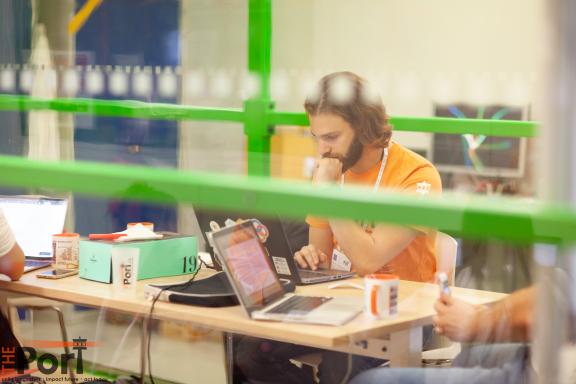
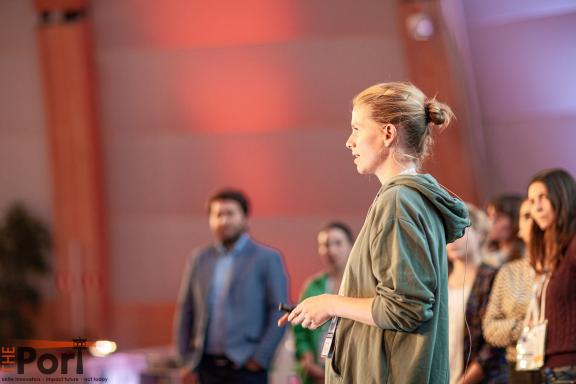
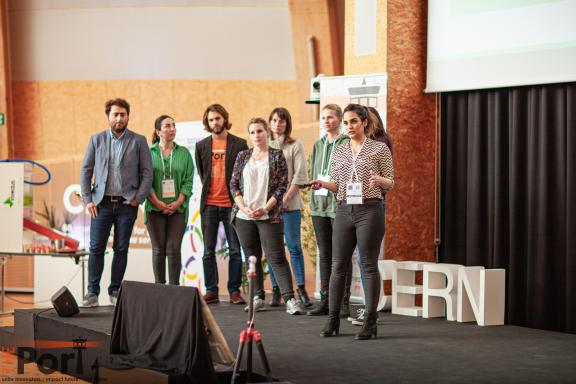
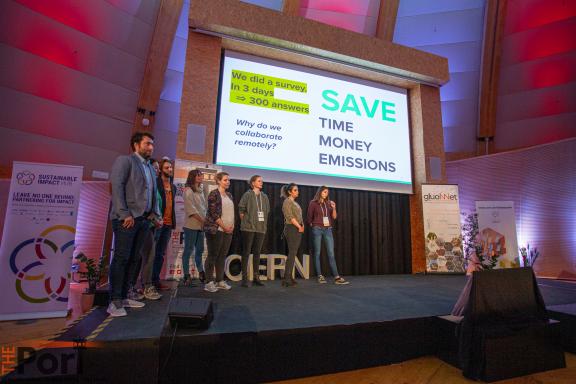
Project Team


Ben Krikler
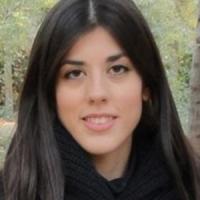
Foteini Mitropoulou
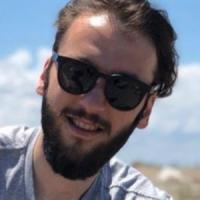
Harun Urhan
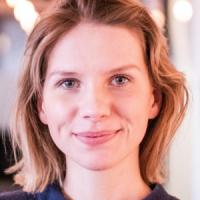
Julia Gottfriedsen
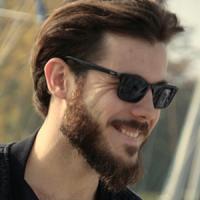
Maciej Gladki
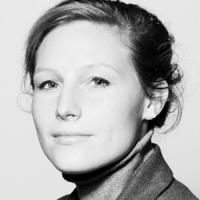
Margot Montassine
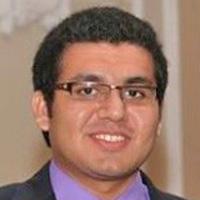
Mohammad Moosajee
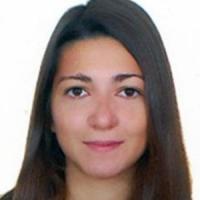
Natalia Triantafyllou

Nina Laribi
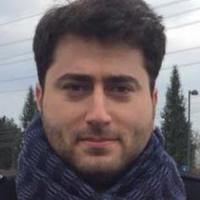
Ozgur Etisken
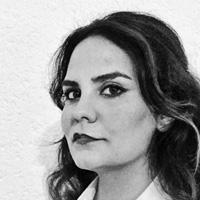
Sara Zahedinezhad
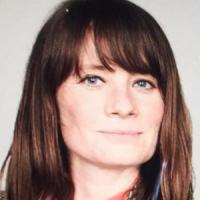
Sarah Wilkens

Selen Akcelik
Resources
No Fly Conference
